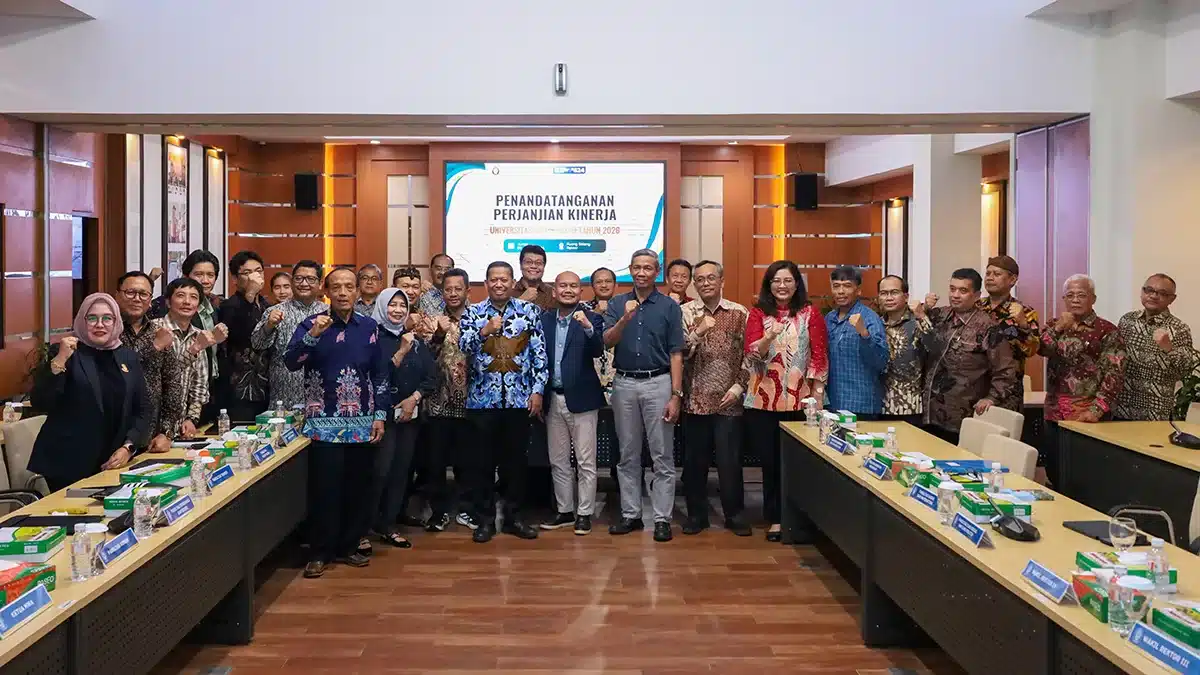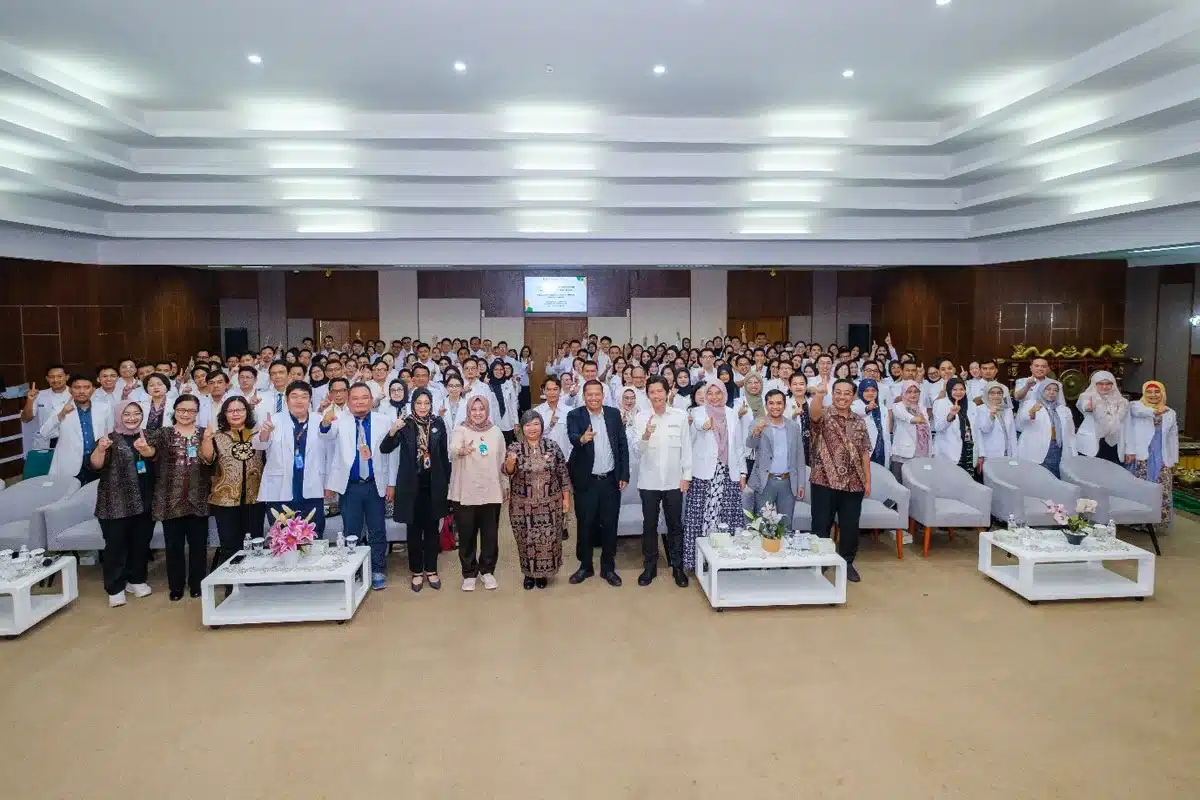SEMARANG – Welcoming the era of society 5.0, universities are required to produce graduates who are able to develop themselves and innovate in their scientific fields, so that they can have a positive impact on society. The Faculty of Fisheries and Marine Sciences (FPIK) of Diponegoro University (UNDIP) is no exception, which is determined to produce reliable entrepreneurs in the fisheries and marine sector.
This was conveyed by the Dean of FPIK Undip, Prof. Tri Winarni Agustini, M.Sc., Ph.D., at the “Inspiration for the Nation” event hosted by Bambang Sadono recently. Prof. Tri, as she is familiarly called, said that in order to realize this determination, education providers are working hard so that every graduate has professionalism.
In addition to producing graduates in the field of fisheries and marine professionals who are able to solve problems faced in the management of marine and fishery resources, FPIK Undip also equips graduates with entrepreneurial skills.
According to Prof. Wirnarni, this step was driven by the fact that marine and fisheries are the main bases of maritime economic resources with a potential economic value of US$ 1.5 trillion per year. This is a very large number so the nation requires individuals who have knowledge of marine, fisheries and entrepreneurship in order to develop a maritime economy which can prosper the people.
“Therefore, the role of universities is very central, especially in creating innovative ideas in the fields of science and technology and producing professional and competitive graduates in the field of fisheries and marine affairs,” said the professor who finished her masters degree in the UK in 1991.
To support this, FPIK Undip continues to make breakthroughs in providing educational services, one of them is providing the Free Learning – Independent Campus program in 2021 through the Alumni Teaching Program. The concept is that alumni who are successful in their respective fields are asked to teach students through webinars, talk shows or other agendas. “The quality of our graduates can be seen there. This program really needs to be developed, and we have been doing it intensely since 2020,” she said.
In addition to the alumni teaching program, FPIK also continues to increase collaboration with companies to establish links between students, education providers and industry. This is carried out so that the internship or training program for 3 to 6 months can be carried out properly.
Some of the ongoing industrial collaborations include the one with PT Suri Tani Pemuka, which offers internships for an aquaculture program. Interestingly, not only students of the aquaculture study program can participate, but students of other study programs within the FPIK have the opportunity to do a four-month internship at the company.
“This is one of the synergies with industry that students can participate in to learn. It is hoped that the existence of a network with alumni can lead to a good mentoring program. Providing theory alone is not enough, we need to jump in and run it directly, moreover we also equip students with entrepreneurship courses,” explained Prof. Tri.
These efforts are in line with the vision of FPIK Undip to become an excellent faculty in the field of tropical fisheries and marine in 2024. The goal to be achieved by FPIK is to produce graduates who have competencies according to the Indonesian National Qualifications Framework (KKNI) and in accordance with development needs and the labor market. (PR team)









